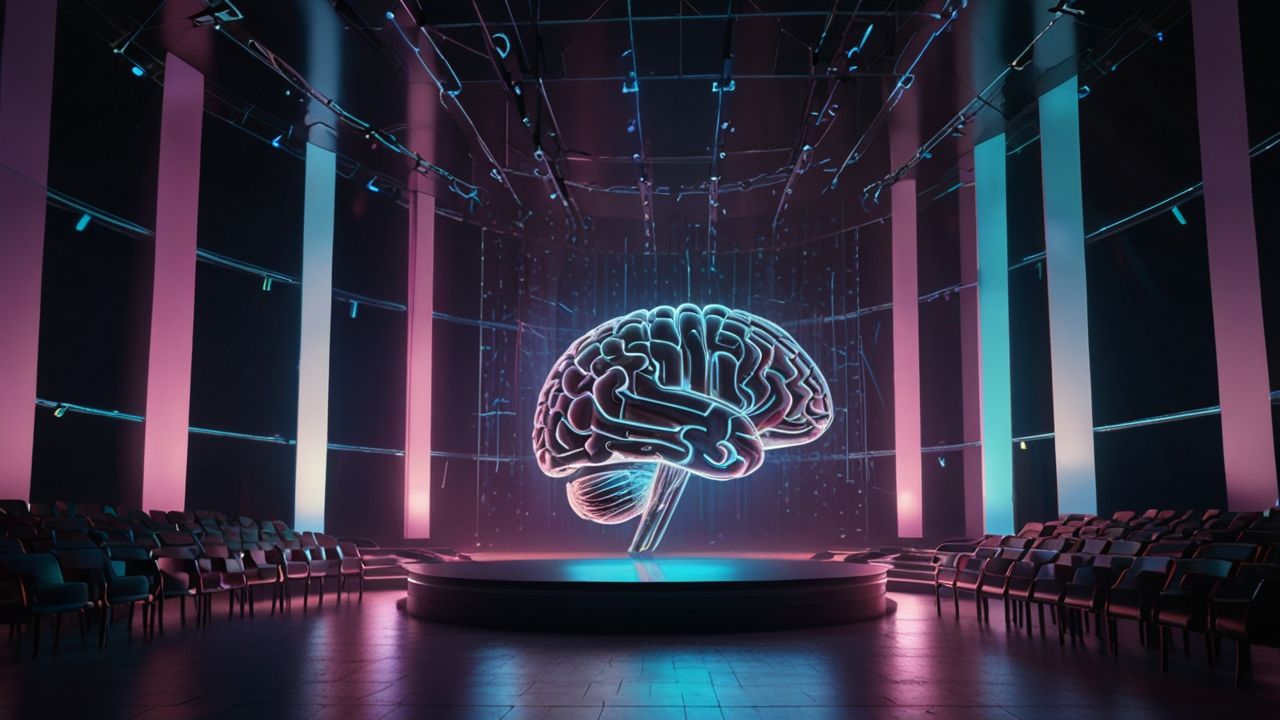AI in Healthcare: How AI is Transforming the NHS for a Healthier Future
Embracing the Future of Healthcare with AI
We’re talking about something truly fascinating—how Artificial Intelligence (AI) is making waves in healthcare, particularly within our treasured NHS. As technology advances, AI is stepping up to improve patient care, make our healthcare system more efficient, and ensure everyone receives the best possible care. Let’s dive into how AI is transforming the NHS and what this means for the future of healthcare.
What Is AI in Healthcare?
AI in healthcare refers to the use of advanced algorithms, machine learning, and data analysis to perform tasks that traditionally require human intelligence. From diagnosing illnesses to predicting patient outcomes, AI has the potential to revolutionise the way healthcare is delivered.
The Strategic Role of AI in the NHS

Our NHS is on a mission to integrate AI into its operations, ensuring that every patient receives timely, accurate, and personalised care. Here’s how AI is shaping the NHS’s future:
1. Enhancing Diagnostic Accuracy
Imagine a world where diseases like cancer are caught at their earliest stages—AI is making this a reality. By analysing medical images with incredible precision, AI helps doctors detect conditions much earlier, reducing the risk of misdiagnosis and enabling quicker, more effective treatment. This means better outcomes for patients and peace of mind for families.
2. Streamlining Administrative Tasks
Let’s face it—administrative tasks can be a real burden on our healthcare system. AI is here to help by automating processes like scheduling appointments, managing patient records, and handling billing. This doesn’t just save time—it allows healthcare professionals to focus on what truly matters: caring for patients.
3. Personalised Treatment Plans
Every patient is unique, and AI helps ensure their care is too. By analysing data like health history, genetics, and lifestyle, AI can recommend personalised treatment plans that are tailored to each patient’s specific needs. This means more effective treatments and a better quality of life for patients.
4. Predictive Analytics for Proactive Care
What if we could prevent health issues before they even arise? With AI’s predictive analytics, we can! By analysing patient data, AI can identify those at risk of developing chronic conditions or complications, allowing for proactive management. This is a game-changer for both patients and healthcare providers.
5. Addressing Workforce Challenges
The NHS is facing significant workforce challenges, and AI is here to lend a hand. AI tools can help reduce burnout, optimise workloads, and assist in training new staff. This support ensures that our dedicated healthcare professionals can continue providing high-quality care, even in the face of staffing shortages.
Insights from Senior Leaders and Government Officials

Senior leaders within the NHS and government officials are excited about the potential of AI to revolutionise healthcare. They emphasise the importance of ethical AI use, ensuring that patient data remains secure and that AI complements—rather than replaces—the human touch in care delivery.
Conclusion: The Future of AI in the NHS

AI is not just a buzzword—it’s a powerful tool that’s set to transform healthcare as we know it. By enhancing diagnostics, streamlining tasks, and personalising care, AI is helping the NHS deliver better, faster, and more efficient care to patients across the UK. Here at Cott’s Care, we’re thrilled to see how these advancements will improve the care we provide to our clients and their families.
Let’s continue this journey together—stay connected with us for more insights into how technology is shaping the future of healthcare. And remember, we’re always here to support you with compassionate, personalised care.
Get in touch today
01242 371048
If you found this article interesting, don’t forget to share it with your friends and family. Stay tuned for more updates from Cott’s Care as we explore the exciting developments in healthcare technology!
